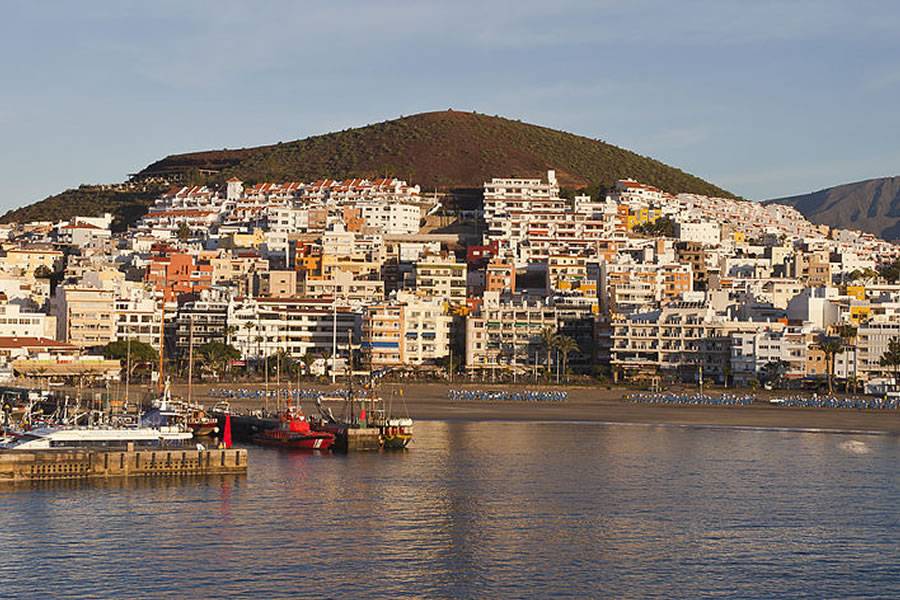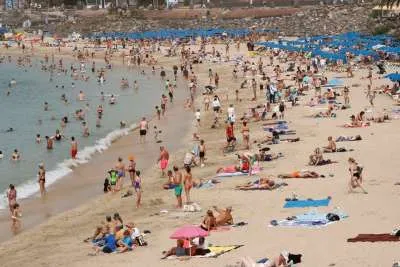EU: It is not possible to restrict property purchases to non-residents
- 03-04-2023
- Business
- Canarian Weekly
Limiting property purchases to people who do not have their residence in the Canary Islands is one of the proposals that has been put on the table to face the housing problem in the archipelago, but Brussels warns that the measure will not comply with community legislation.
The EU Commissioner for Financial Services, Stability and the Capital Markets Union, Mairead McGuinness, recalls that Article 63 of the Treaty on the Functioning of the European Union (TFEU) prohibits restrictions on capital movements related to the acquisition of real estate, including homes, by non-resident EU nationals.
The only exceptions to this rule are that the restrictions are justified for reasons of public order or security, or for compelling reasons of general interest recognized by the Court of Justice of the European Union, "as long as they are not discriminatory and are proportionate to the objective pursued", he said.
McGuinness's warning was the answer to a question from MEP Rosa Estaràs about the possibility of Member States limiting home purchases to non-residents.
Although the Union Treaty protects the right of citizens to acquire properties, such as a holiday home or a second home, the parliamentarian of the European People's Party (EPP) adds in her initiative that although the free movement of capital applies to all Member States, at the time of the accession of the new countries certain transitional periods and exceptions related to the purchase of property and agricultural and forestry land were negotiated. These exceptions are established in a series of TFEU protocols and the acts of accession of the countries of the Union.
The limitation of the purchase of housing to non-resident citizens is one of the aspects that was addressed in the commission on the demographic challenge and population balance of the Parliament of the Canary Islands, although its in-depth debate was left pending for the next legislature because the Chamber understands that It requires experts in basic state and European legislation and the proximity of the regional elections prevents us from dedicating the necessary time to it now.
Despite the prohibition that the European Commissioner McGuinness quoted in her response, some political parties believe that the very exceptions established to the rule, such as overriding reasons of general interest, together with the condition of the Canary Islands as the outermost region (UPR), open a possible way to obtain authorization from the EU to restrict the sale of housing to non-residents, who during 2022 accounted for 29% of the purchase of houses in the Canary Islands.
Podemos considers that it is a priority measure to control the population balance and alleviate the housing problem, to the point that it has advanced that it will make its inclusion in the government program as a condition to reissue the current quadripartite pact if they give the numbers after the appointment with the polls on May 28th.
The restriction on the purchase of housing for non-resident community citizens is, however, a reality in some EU countries such as Finland, Denmark, Malta, and Croatia, although in all current cases, these countries entered the European Union with that condition already in place.
Other articles that may interest you...
Trending
Most Read Articles
Featured Videos
TributoFest: Michael Buble promo 14.02.2026
- 30-01-2026
TEAs 2025 Highlights
- 17-11-2025


























































